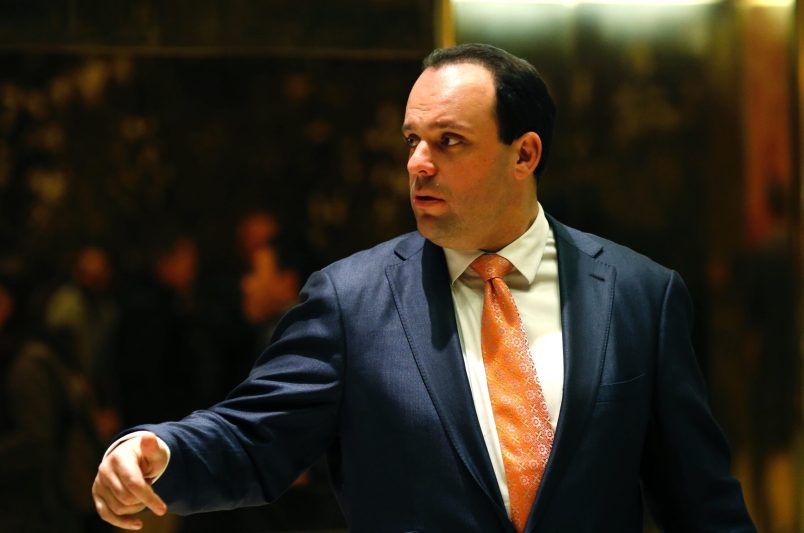As you’ve seen, I’ve become increasingly interested in this question of whether or not the president can withdraw a pardon, as President Bush has attempted to do in the case of Isaac Toussie. I’ve consulted a few experts and reviewed various cases. And I’m increasingly convinced that the president did not have the power to do this, notwithstanding the fact that few press reports seem to have taken this possibility very seriously.
Let’s break this down piece by piece.
No one disagrees that a presidential pardon cannot be revoked or taken back. The only question here is whether the Toussie pardon had in some sense not yet become official.
And there are two arguments floating around about why this pardon wasn’t set in stone yet before the president decided to take it back.
First is the argument put forward by the White House itself, that the president had sent requests for pardons to the Pardon Attorney but that the Pardon Attorney had yet to “execute and deliver grants of clemency to the named individuals.” According to the White House press release from Wednesday, the president got to him before he’d done that and “directed the Pardon Attorney not to execute and deliver a Grant of Clemency to Mr. Toussie.”
But from what I can tell, the Pardon Attorney doesn’t ‘execute’ anything. The current system of having the Pardon Attorney create certificates of pardon only goes back to the Eisenhower administration, and was then apparently only done to relieve the president of the chore of signing so many pardons and commutations. I spoke to former Pardon Attorney Margaret Colgate Love (1990-1997) who told me that “receiving the president’s warrant and sending notifications to the petitioners is purely ‘a ministerial act of notification.'” In layman’s terms, at this end of the transaction, the Pardon Attorney’s role is really just a matter of paperwork. “When we received the Master Warrant from the president,” said Love, “what our job was was to notify them, by telephone, and eventually by written notification. The document evidenced the president’s action. We never assumed that that document had any necessary legal significance.”
So just as a factual matter, the idea that the Pardon Attorney needs to ‘execute’ the pardons seems to be bogus. End of story.
The second argument has to do with notification. The idea here is that even though the president is the actor, his pardon only takes effect when the petitioner is notified. This reasoning depends on the Du Puy case from 1869, in which the Court ruled that President Grant could take back two pardons earlier issued by President Johnson because the petitioners had not yet been notified of their pardons. But the Du Puy case comes from a technological universe in which the US Marshal’s notification would have been the first the petitioner heard about it. But clearly that’s not the case anymore. There’s little doubt that Toussie heard about his pardon in the news prior to the president’s decision to rescind it.
More to the point, from talking to people familiar with the process, I understand that it is standard procedure for the petitioners or their counsel to be notified of their pardon either before or simultaneous with the public announcement. So there’s every reason to be believe that Toussie or his attorneys were specifically notified of his pardon, despite not getting the framable document that does not appear to have any legal significance.
Needless to say, I’m not an attorney or a constitutional expert. But I’ve seen few if any press write-ups with quotes from people with relevant expertise who say the president is actually able to do this. And my discussions with people with relevant expertise give me the strong impression that the president’s action is highly dubious in constitutional terms, even if no Court case has specifically addressed this combination of facts.
In any case, I feel sure we won’t have to wonder forever. If nothing else Toussie has a solid case to bring. So I feel confident the Court will eventually decide if this passes muster.







